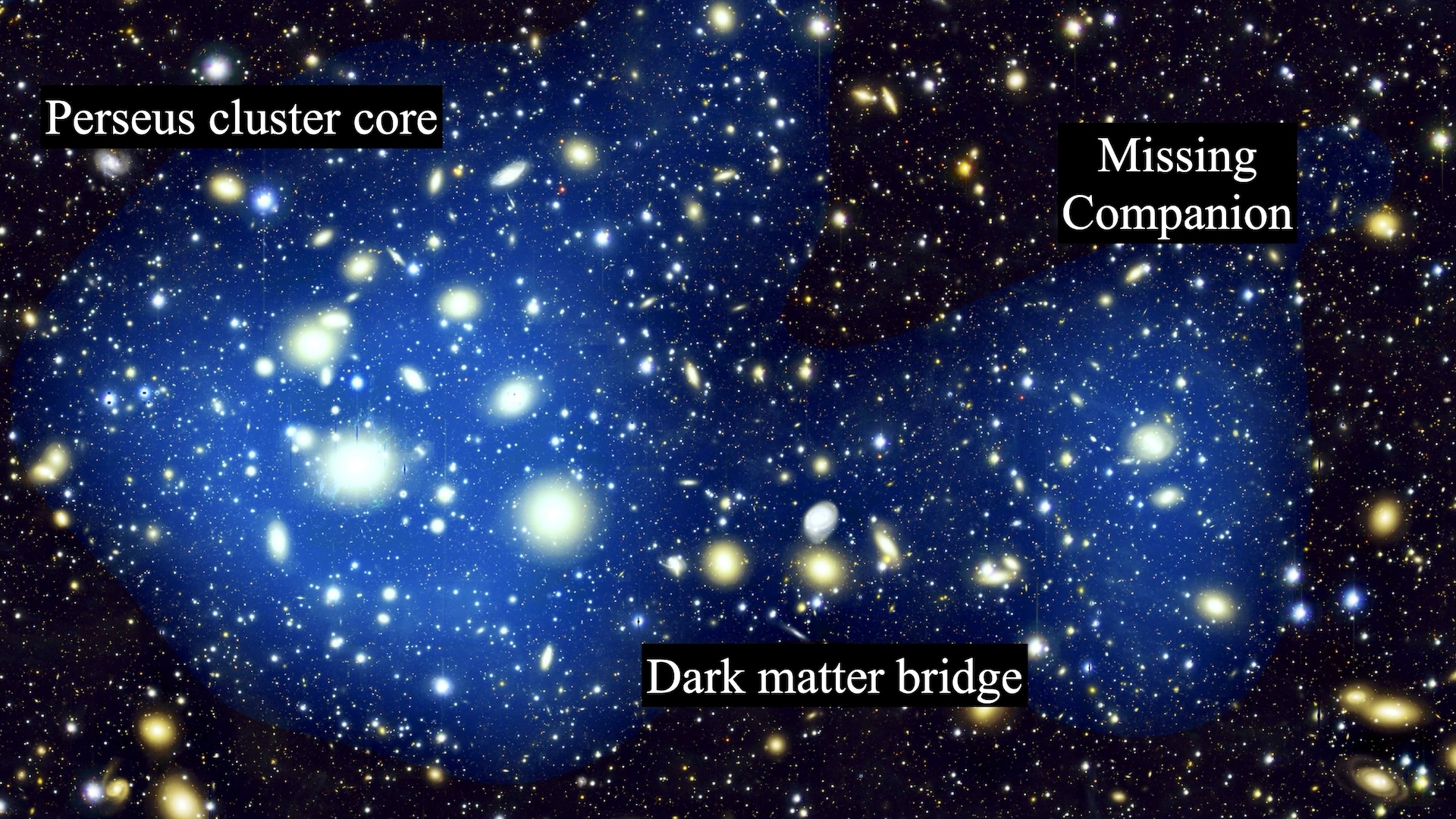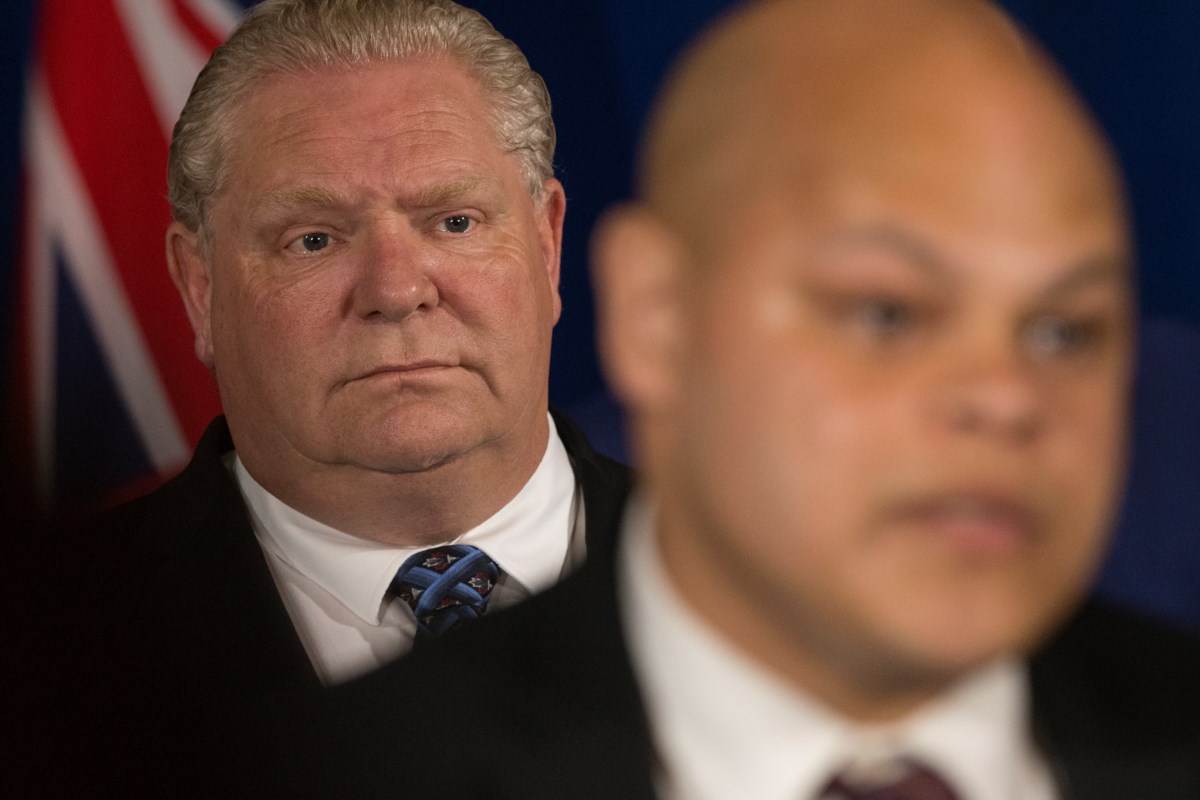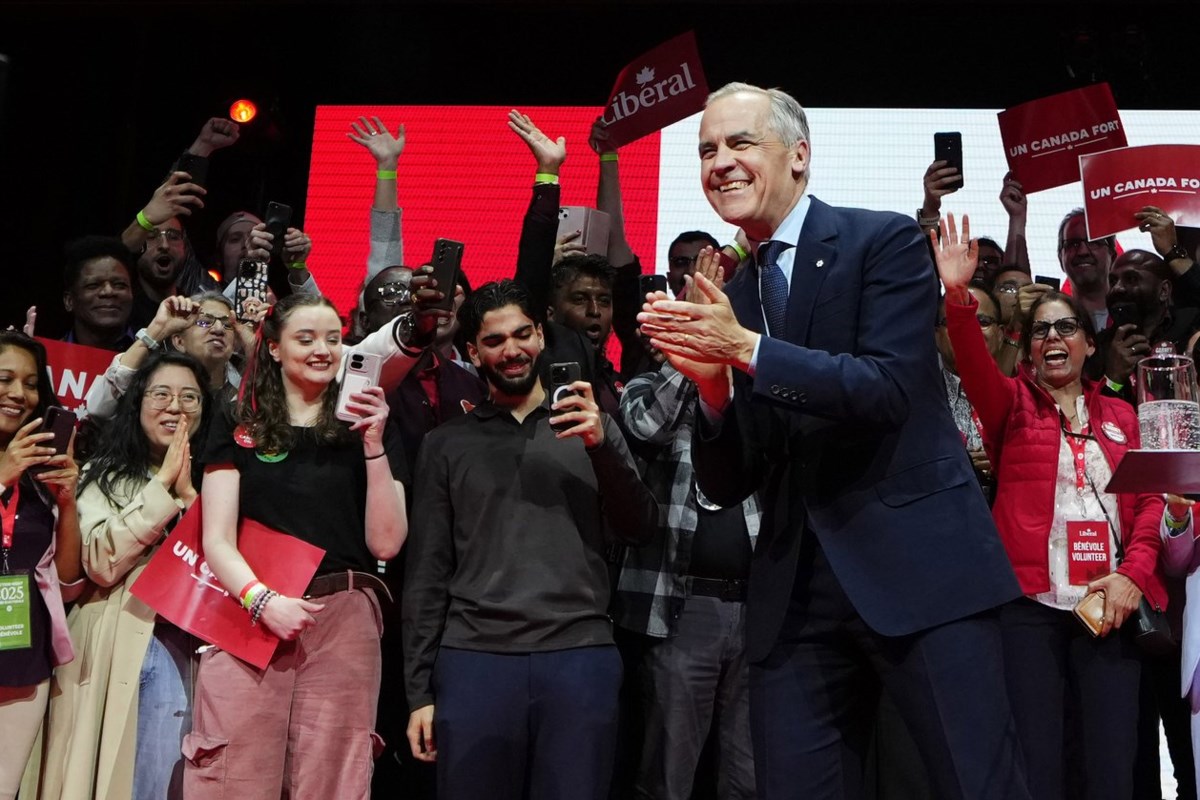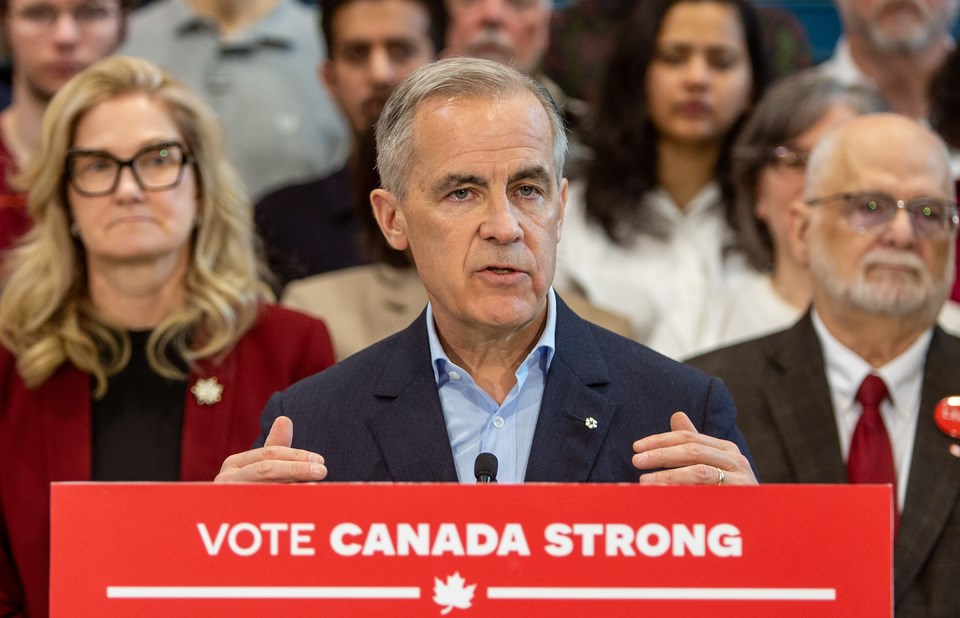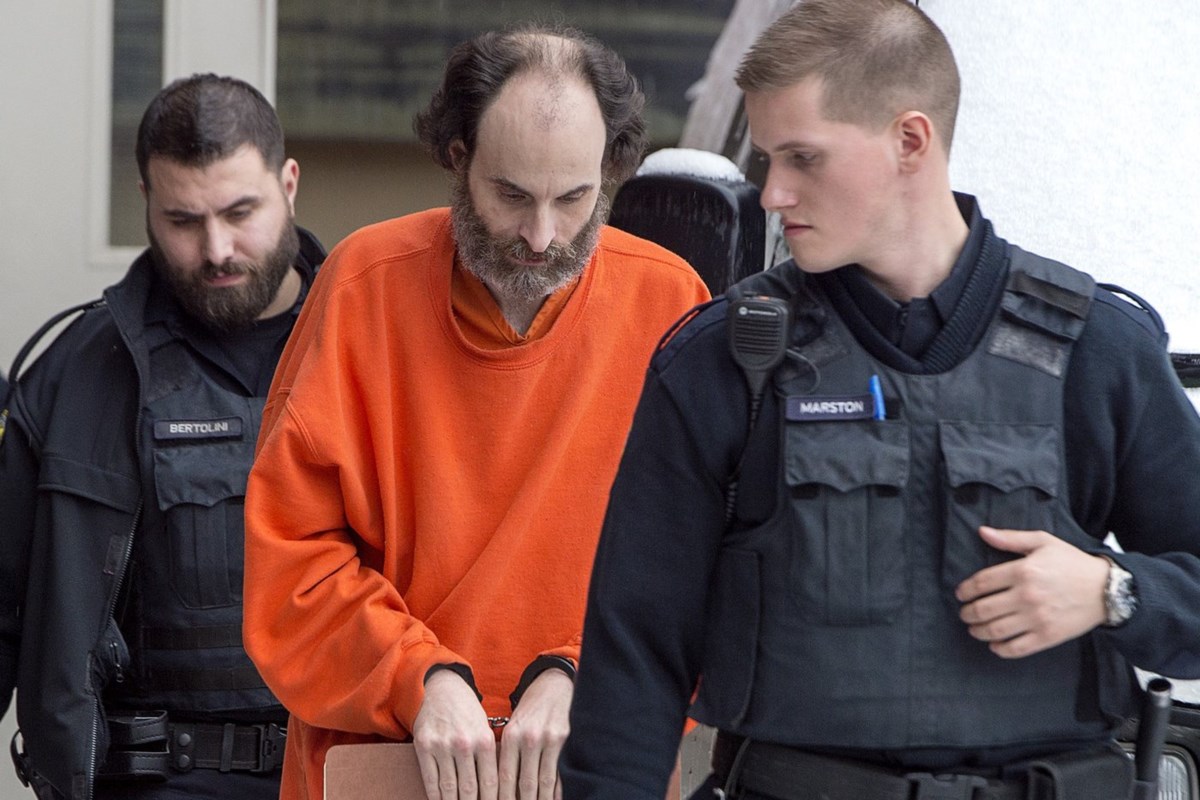The death of democracy under military captivity

If Museveni went to the bush over rigged elections, then restoring a credible elections should have been his main goal COMMENT | MORRIS KOMAKECH | The most deceptive narrative for justifying the 1980-85 Luwero bush war was that then-president Milton Obote’s Uganda Peoples Congress (UPC) party rigged 1980 general elections. In 1980, Yoweri Museveni was part of the election organising committee but lost to Sam Kutesa of the Democratic Party (DP) in his home constituency of Mbarara North. Museveni polled 12,747 votes to Kutesa’s 15,657. Since coming to power in 1986, Ugandans only tested what was dubbed “free and fair” elections during Resistance Council elections under a one-party system. Under the NRM one party rule, political parties were not allowed to freely contest against NRM candidates. The brutality picked up in1996 when the late DP President, Paul Kawanga Ssemogerere, challenged Museveni in an election. In that election, the sky above us nearly broke into pieces. Nothing civil was left out there for guessing. Even the skulls of people killed in the five years insurrection in Luwero were thrown into the gamut of that election. Electoral violence has since escalated as the Museveni regime transformed into a full military imposition. It seems as though Dr Col Kiiza Besigye inherited the wrath of a scathed Museveni from Kawanga. Since 1996 each election year has had its unique pattern of violence, voter intimidation, claims of vote ballot stuffing and rigging, kidnaps and disappearances, just to mention. However, a new brand of high-handed brutality emerged from 2021 and climaxed in the recent Kawempe North by-elections recently. Scores of youthful supporters of the opposition were kidnapped or disappeared without a trace. Others remain locked up in various prisons with their fates never to be decided by the judiciary. The role of the people in determining their fate in a free, fair, and peaceful elections seems to be Uganda’s pipe dream. Every reasonable Ugandan wishes for a peaceful transfer of power from one head of state to another, or from one political group to another. Tanzania has done that, so have Burundi, Kenya, and DRC. Without democracy, Ugandans find themselves under military captivity under Museveni. The idea of democracy or elections no longer carries any meanings. If, indeed, Museveni went to the bush because Obote rigged the 1980 elections, then restoring a credible electoral process was not his main goal for fighting Obote. Honouring the power of the people through a free, fair and peaceful election was clearly the least on his agenda, even when the 10-point program promised Ugandans such. It is pitiful that his going to the bush killed thousands of people and has since escalated into regional instability – in Rwanda, DR Congo, South Sudan, and Somalia. The state’s orchestrating of electoral violence is a harmful practice to a nascent nation like Uganda. When the people live in fear of their government, they become deformed in many ways. The excessive power that the regime wields over the people deprives the people of building confidence and sense of nationalism. It reduces natives into second class citizens. Imagine that Ugandans are so powerless that they cannot effectively change an LC1 chairman in their villages; Ugandans cannot change their traditional leaders as they wish; they cannot change their church and mosque leadership; and they cannot change their president. Change is feared because of the instability and brutality that it attracts from the state and its cronies. Electoral violence also undermines the constitutional rights of the People. In Uganda, the very first chapter of the constitution claims that “Power belongs to the People of Uganda”. The chapter continues to describe how Ugandans hold full rights over the exercise of this power. However, with military imposition, the “People” and “Power” have been estranged from each other. There are the “people” of Uganda with changing meaning of what constitute a people; and there is power lingering in the hands of a small group of “People” who control money, wealth, guns and destruction monopoly. Electoral violence defines who the “People” vs “people” of Uganda are. The “People” are those who hire brutality to get voted into power; while the people are those who are brutalised and whose votes and voices never matter in a violent election. The extremely low voter turnout in Kawempe North by-election only attests to how fear of the state brutality keeps potential voters away from the polls. The most disenfranchised are the women, youth of voting age, persons with disabilities, and elders. Why should our elections invoke such a violent response from the state? Who threatens the territorial integrity of this country through an election? With 2026 elections around the corner, the smell of tear gas and gun powder, the sound of broken bones, and the sight of police, military, and all security operatives loitering in our neighborhoods in full combat gear are lingering in our minds. Why should we vote under military captivity? Morris Komakech is a socio-political commentator




